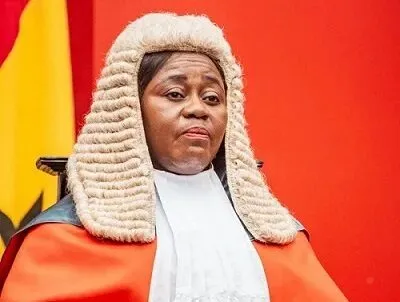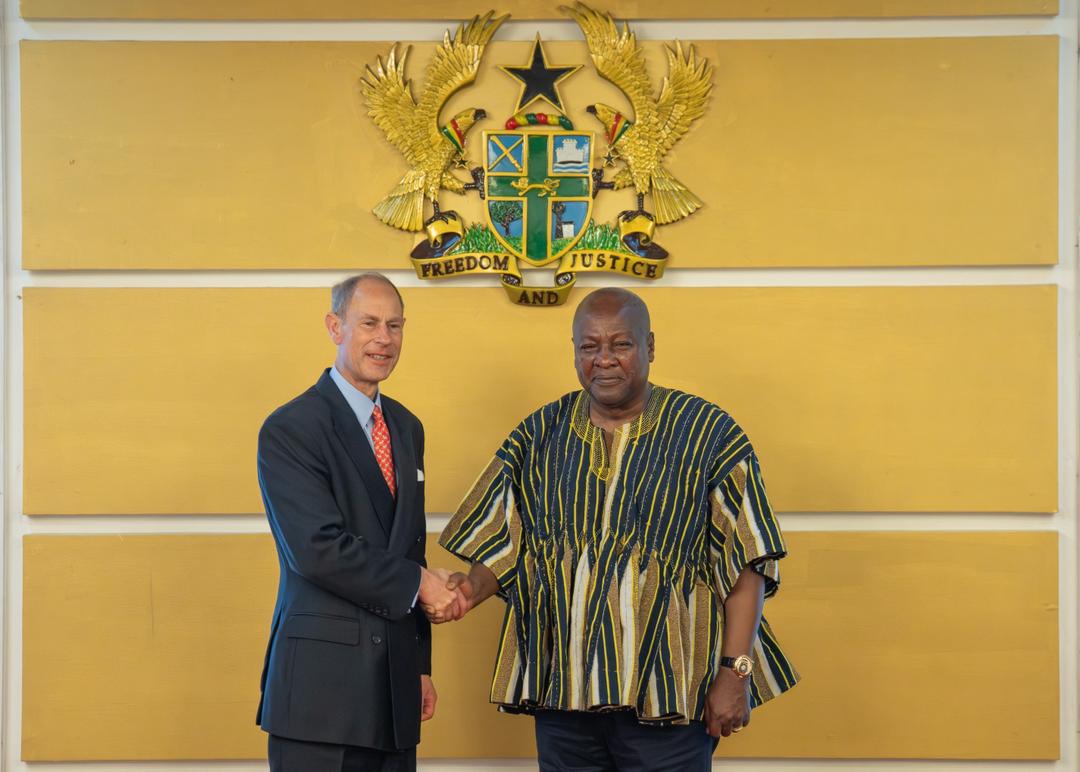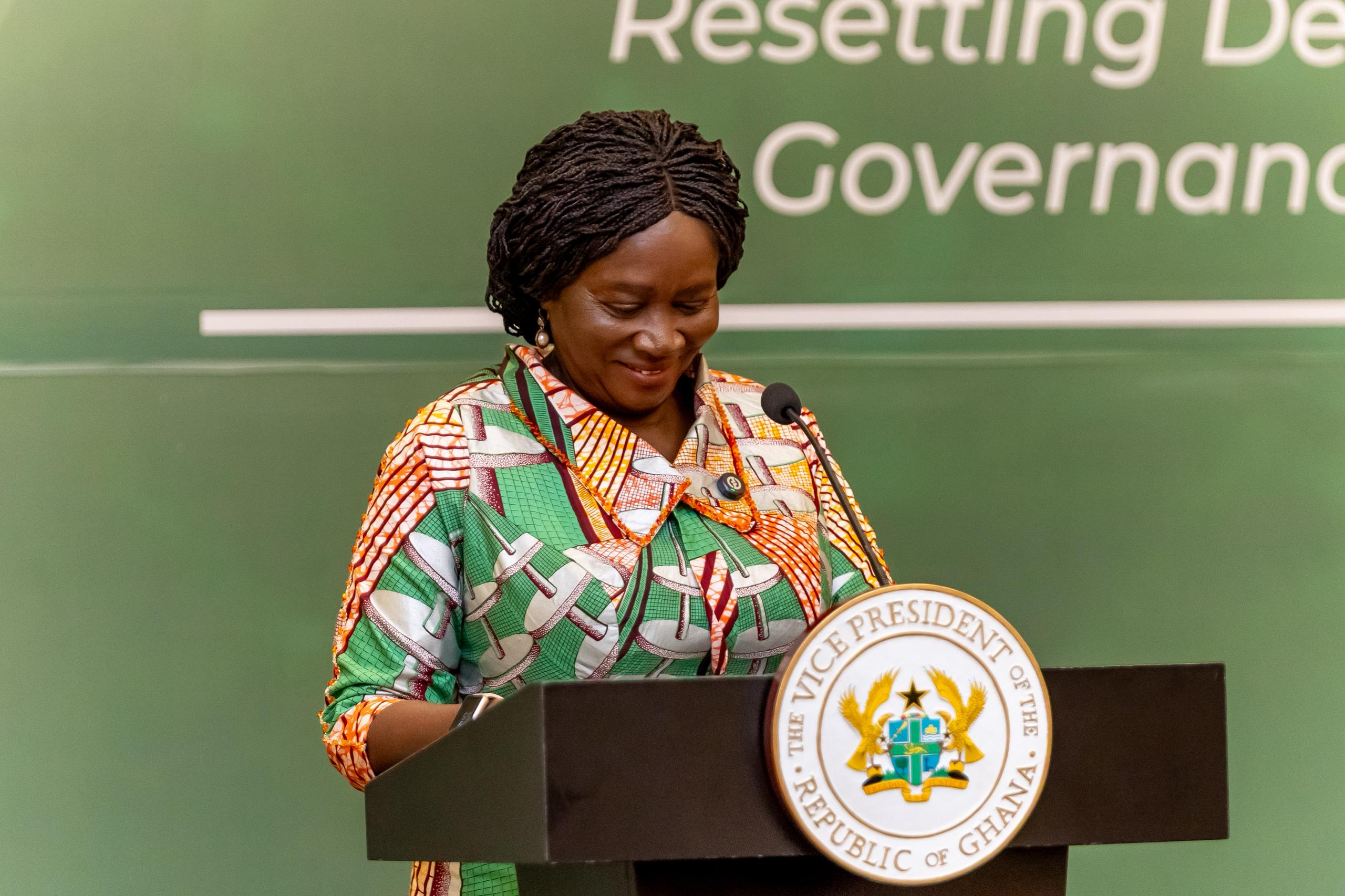Ghana’s suspended Chief Justice, Gertrude Torkornoo, has mounted a spirited defence against her ongoing removal proceedings, describing the process as unconstitutional, procedurally flawed, and an affront to judicial independence.
In a supplementary affidavit filed at the Supreme Court on May 21, Justice Torkornoo lambasted the committee probing her conduct, chaired by Justice Gabriel Pwamang for allegedly violating her fundamental rights and presiding over what she called “a mockery of justice.”
Chief Justice Torkornoo has levelled serious allegations against the Pwamang Committee overseeing her potential removal.
She claims the committee violated her right to a fair hearing by denying her legal representation after prior notice, failing to disclose the specific allegations against her, and allowing third-party witnesses to testify in place of the original petitioners.
She also criticised the decision to hold proceedings in a high-security venue rather than a neutral judicial forum, suggesting the process lacks transparency and impartiality.
She described the process as “inhuman and degrading,” likening her treatment to that of persons accused of treason, and stressed that her suspension violates the dignity of the judiciary and the Constitution she is sworn to uphold.
On May 28, the Supreme Court struck out her supplementary affidavit. The justices ruled that the affidavit breached Article 146, which guarantees confidentiality in proceedings related to the removal of senior judges.
Despite the setback, the Chief Justice’s main injunction seeking to halt the committee’s work and challenge the legality of her suspension remains pending before the Court.
The suspension of Chief Justice Torkornoo has ignited national debate about its constitutional basis and broader implications for judicial independence.
Critics including the Ghana Bar Association and civic groups like the Centre for Democratic Movement argue the move violates Article 296 by sidestepping due administrative procedure.
The Minority in Parliament has called for her immediate reinstatement, denouncing the action as executive overreach.
Meanwhile, legal analyst Kwaku Ansa-Asare has urged restraint, warning against politicising the hearings and stressing that any removal process must respect due process and the dignity of the judiciary.
Chief Justice Gertrude Torkornoo’s legal challenge carries significant constitutional weight.
It raises key concerns about judicial independence, particularly how the Executive interacts with the judiciary.
It also tests the limits of constitutional provisions, specifically Articles 146 (on removal of justices) and 296 (on discretionary power).
Ultimately, the case’s outcome could influence public trust in Ghana’s judicial and democratic institutions.
The case involving Chief Justice Gertrude Torkornoo is still unfolding.
A Supreme Court injunction aimed at halting the removal proceedings is pending, while the parliamentary committee hearings continue in the meantime.
The final outcome will depend on the Court’s ruling, which will determine whether her suspension and potential removal are lawful.
Justice Torkornoo insists she has done nothing wrong and argues that her only “offence” is standing firm on judicial transparency and integrity.
Source: Myxyzonliine.com





